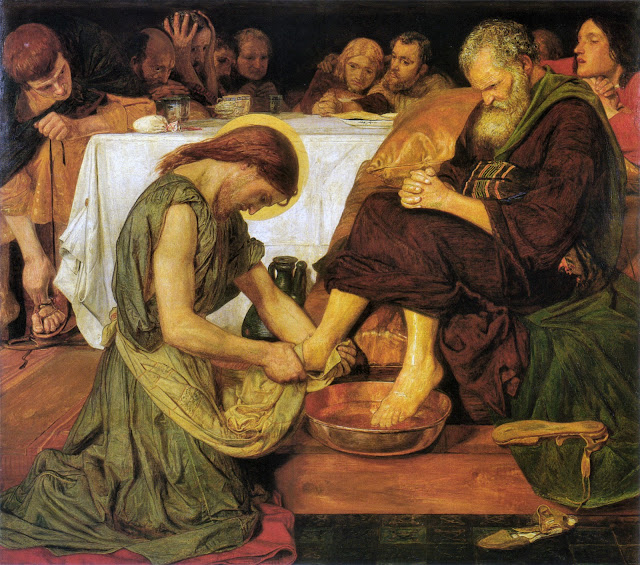A theological ethic, part 5 (conclusion)

This is the fifth and concluding post in a series adapted from "What is a Theological Ethic?" a lecture by GCS professor Dr. Gary Deddo. For other posts in the series, click a number: 1 , 2 , 3 , 4 . Last time we saw that our calling as followers of Jesus is first to worship God (and no other), then out of that relationship of worship (loving God), to love our neighbors (sharing in God's love for them). By worshiping only God, we avoid a form of idolatry that is common in our day -- the collapsing of the first Great Commandment (to love God) into the second (to love neighbor). Let's look further at how a theological ethic protects us from this idolatry. We begin with Jesus' example. Jesus' example of sacrificial giving Throughout his life on earth, Jesus showed perfect love by sacrificially giving of himself. He first gave himself in faithful, even joyful obedience to his Father. Then, as part of his worship of the Father, Jesus gave sa...

